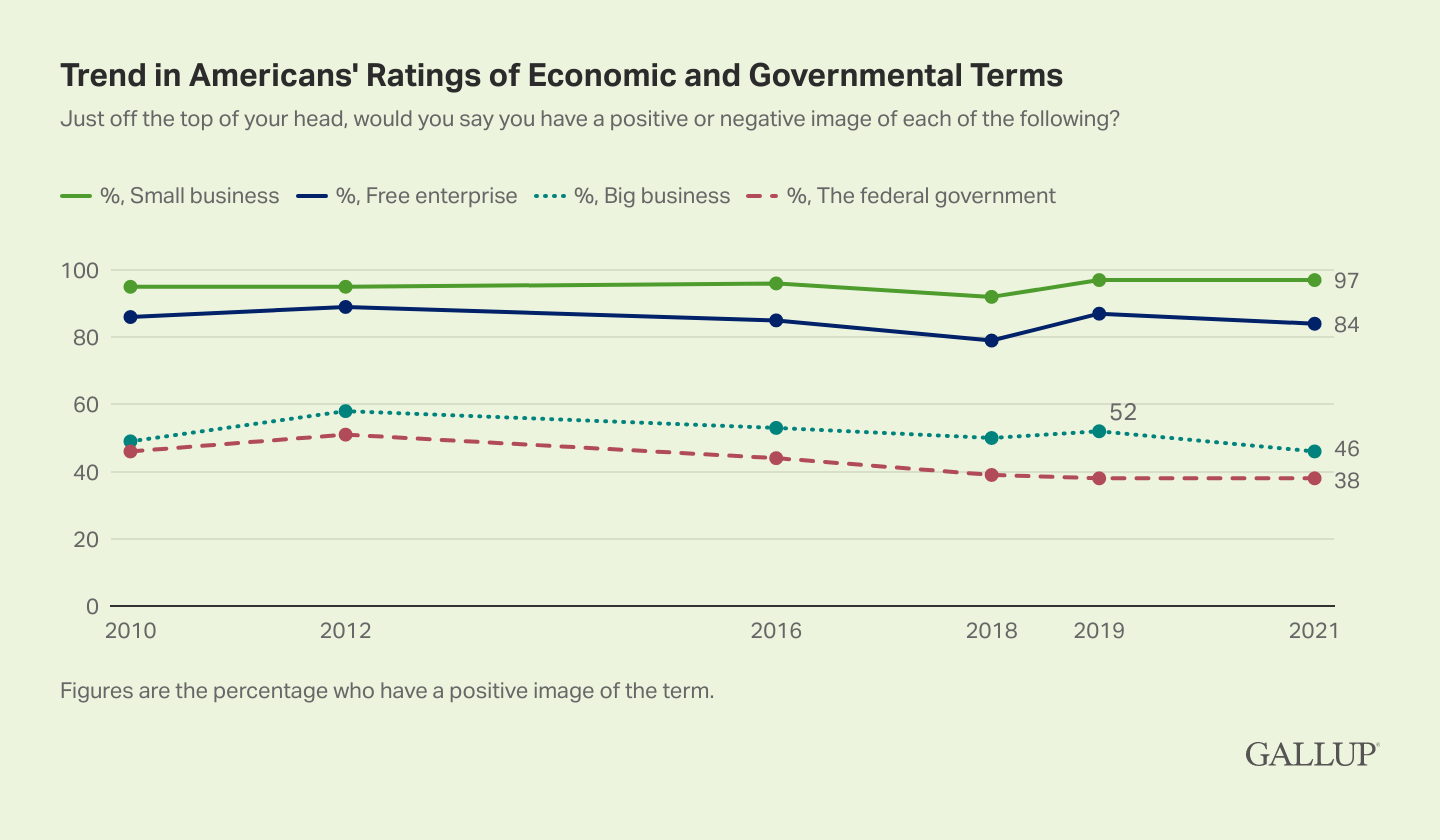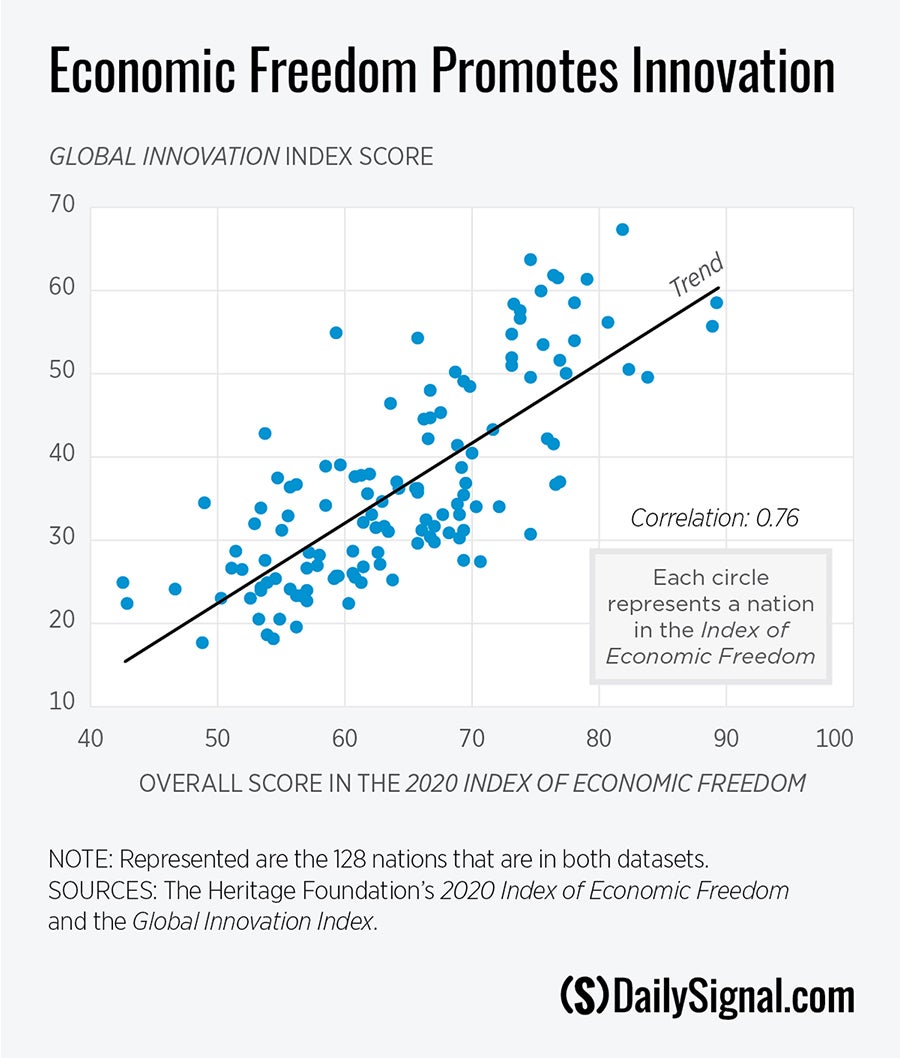Daniel Henninger has an absolutely superb column today at the Wall Street Journal about how Rick Santorum finally is hitting consistently on, and doing well with, a central theme of freedom. As readers here know, this (freedom, not Santorum’s embrace of it) has been my theme as well. As in:
If ObamaCare is allowed to stand, Cuccinelli said, “The government’s power to intrude on our lives for our ‘own good’ will be virtually unlimited. Some may be willing to put up with that now, when the government is doing something they like. But what happens when it starts to impose things on them that they don’t like? Then, it will be too late…. In 1788, James Madison spoke of the need for the Constitution. He said, ‘There are more instances of the abridgement of the freedom of the people by gradual and silent encroachments of those in power, than by violent and sudden usurpations.’ Yes, parts of our health care system need to be fixed…. But there are better solutions than giving up our freedom.”
Actually, way back in 2007 I was arguing the same thing — and even back then, it was the argument against the individual mandate that spurred my “theme is freedom” insistence:
The other day on MSNBC, the inimitable Tucker Carlson was being berated by some guests who were incredulous that he could even think to oppose the health-insurance mandates that are central to the newest version of Hillarycare.
At first sounding almost apologetic, but by the last word sounding more firm about it, Carlson mounted what actually is the perfect defense. “Look,” he said, “I just happen to believe in freedom.”
Ah, yes, freedom. At my Episcopal grade school, we were accustomed to singing a guitar hymn in chapel whose refrain included these lines: “The thought it was so dear to me, the daring possibility, of freedom. (Oh, oh, freedom. Oh, oh, freedom. Oh, oh, oh.)”
Conservatives would do well to remember that freedom is indeed a daring possibility, and our best defense against almost every big-government, nanny-state, Washington-knows-best scheme of the left. In one sense, it is the answer to all questions, the solution to almost all problems of statecraft, the ideal to which all other civic ideals must bow.
All too often, we conservatives get lost in the weeds of complex arguments and wonkish debates — when all we really need to remember, both to better ground ourselves philosophically and to win political debates in the minds of the American voters, is that the theme is freedom.







 CFIF Freedom Line Blog RSS Feed
CFIF Freedom Line Blog RSS Feed CFIF on Twitter
CFIF on Twitter CFIF on YouTube
CFIF on YouTube